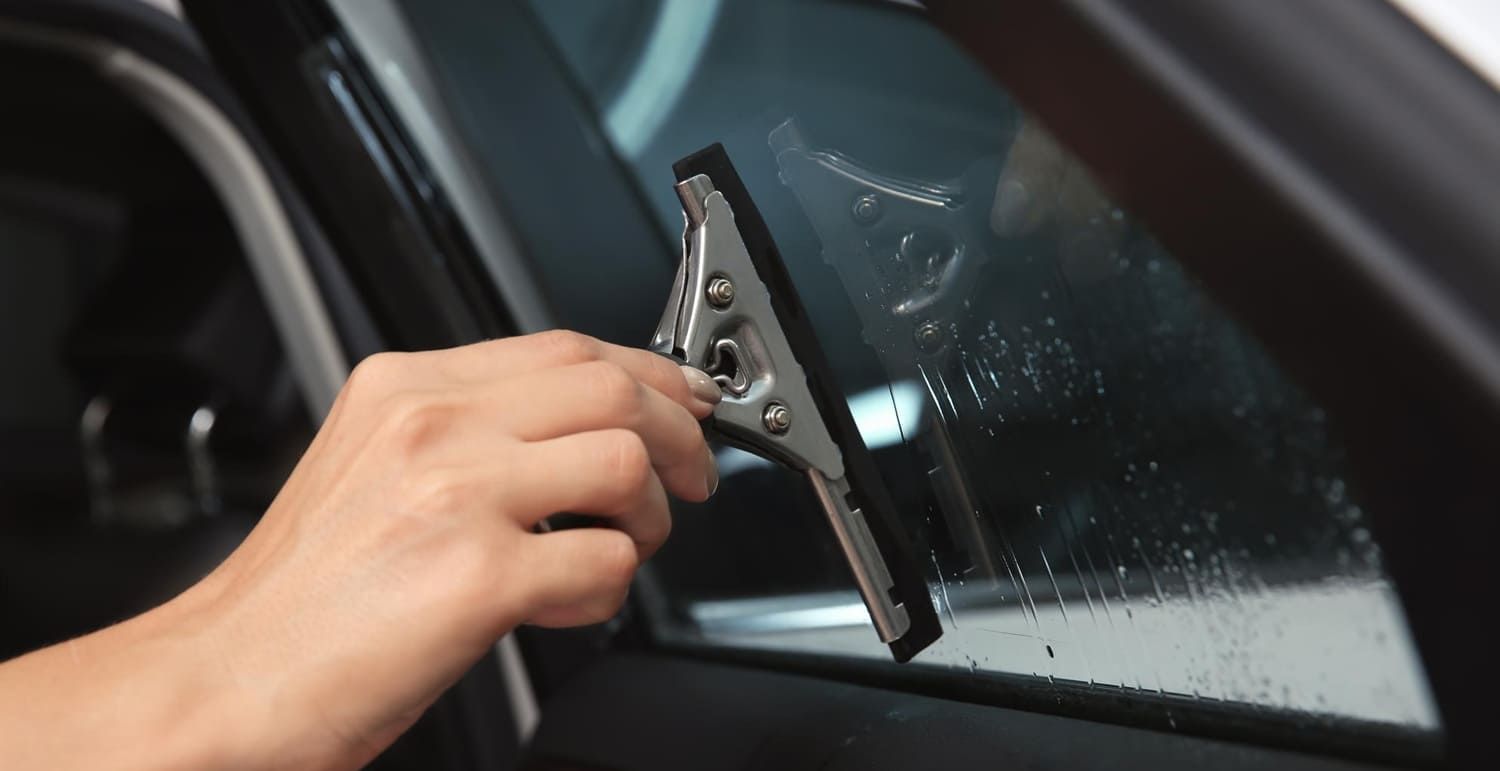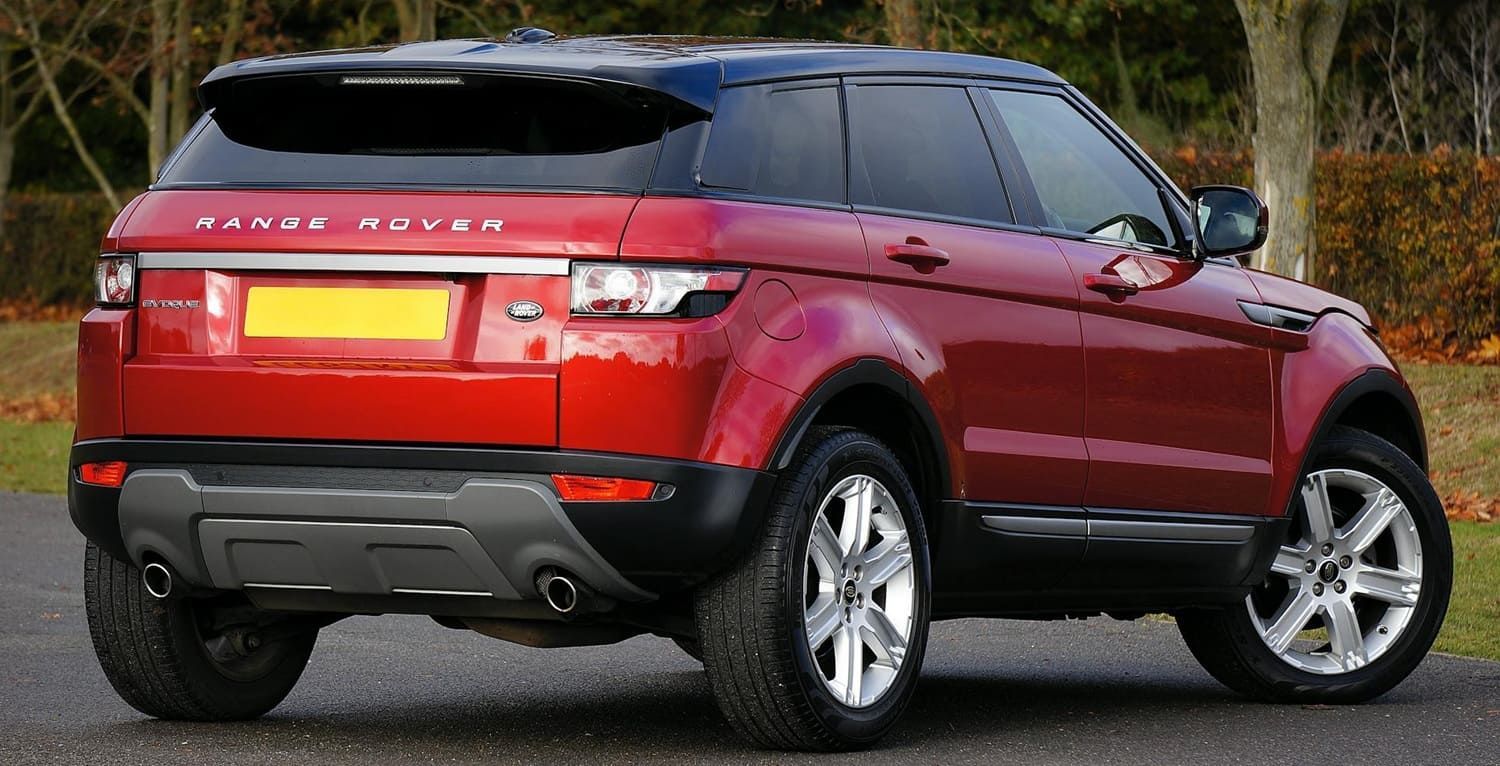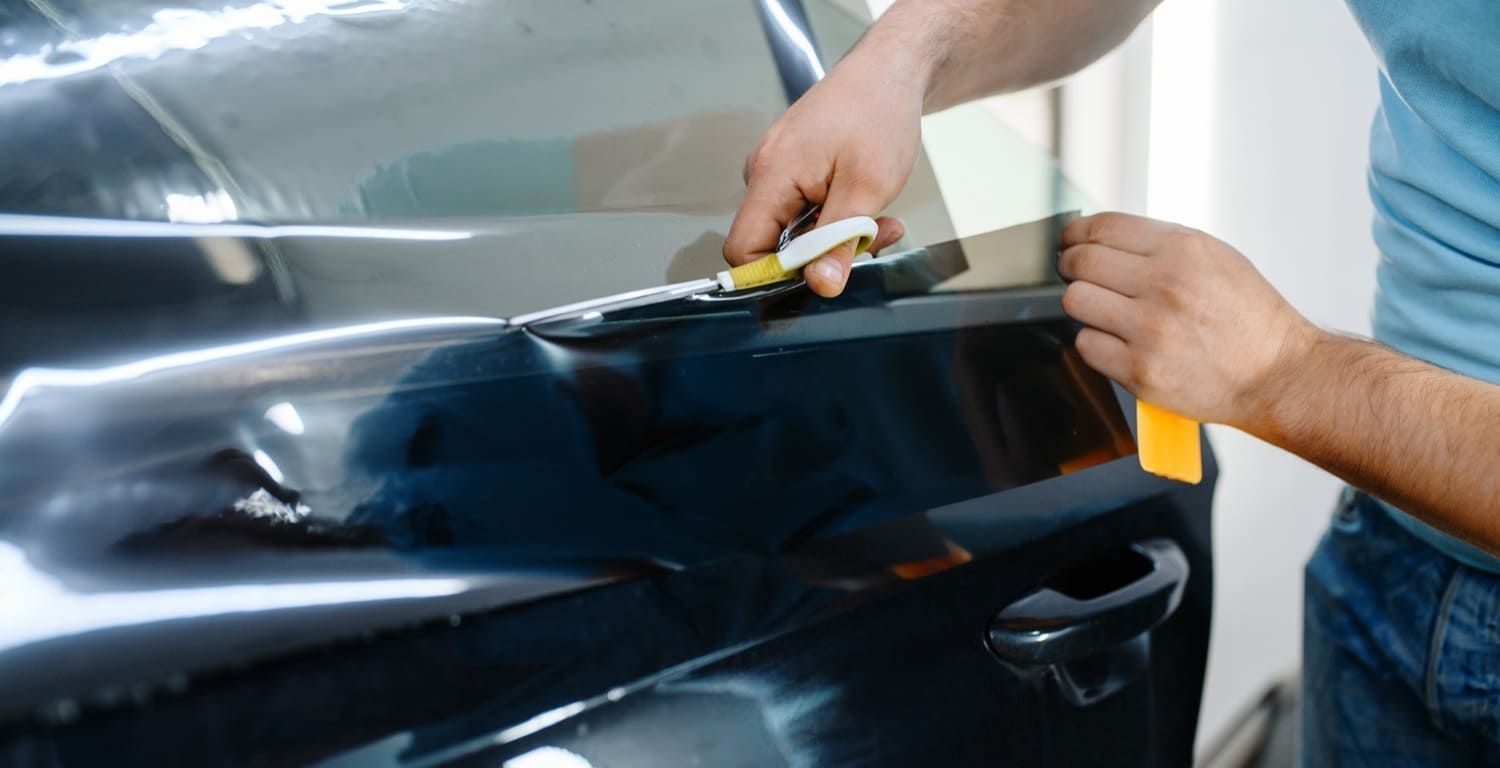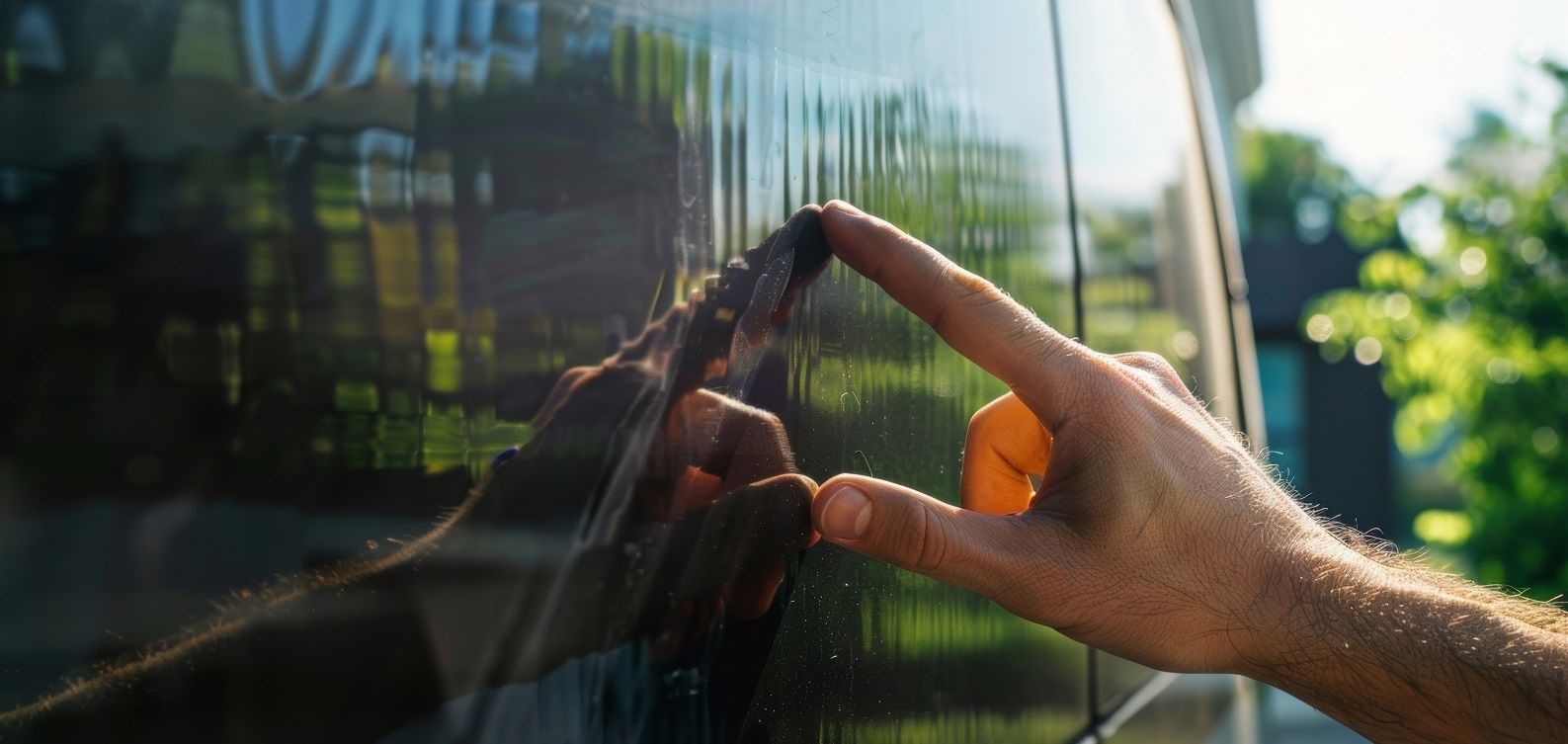VELOCITY WINDOW TINTING820 Parris Island Gateway ABeaufort, SC 29906
Business Hours:Tuesday - Saturday: 9am to 6pmSunday: CLOSEDMonday: CLOSED
OFFERING AFTERPAY - PAY IT IN 4 INTEREST-FREE INSTALLMENTS
How to Stay Within the Florida Tint Laws
If you're in Florida and want to get your car windows tinted, you better ensure you're doing so legally. Keep reading to learn more about Florida tint laws.
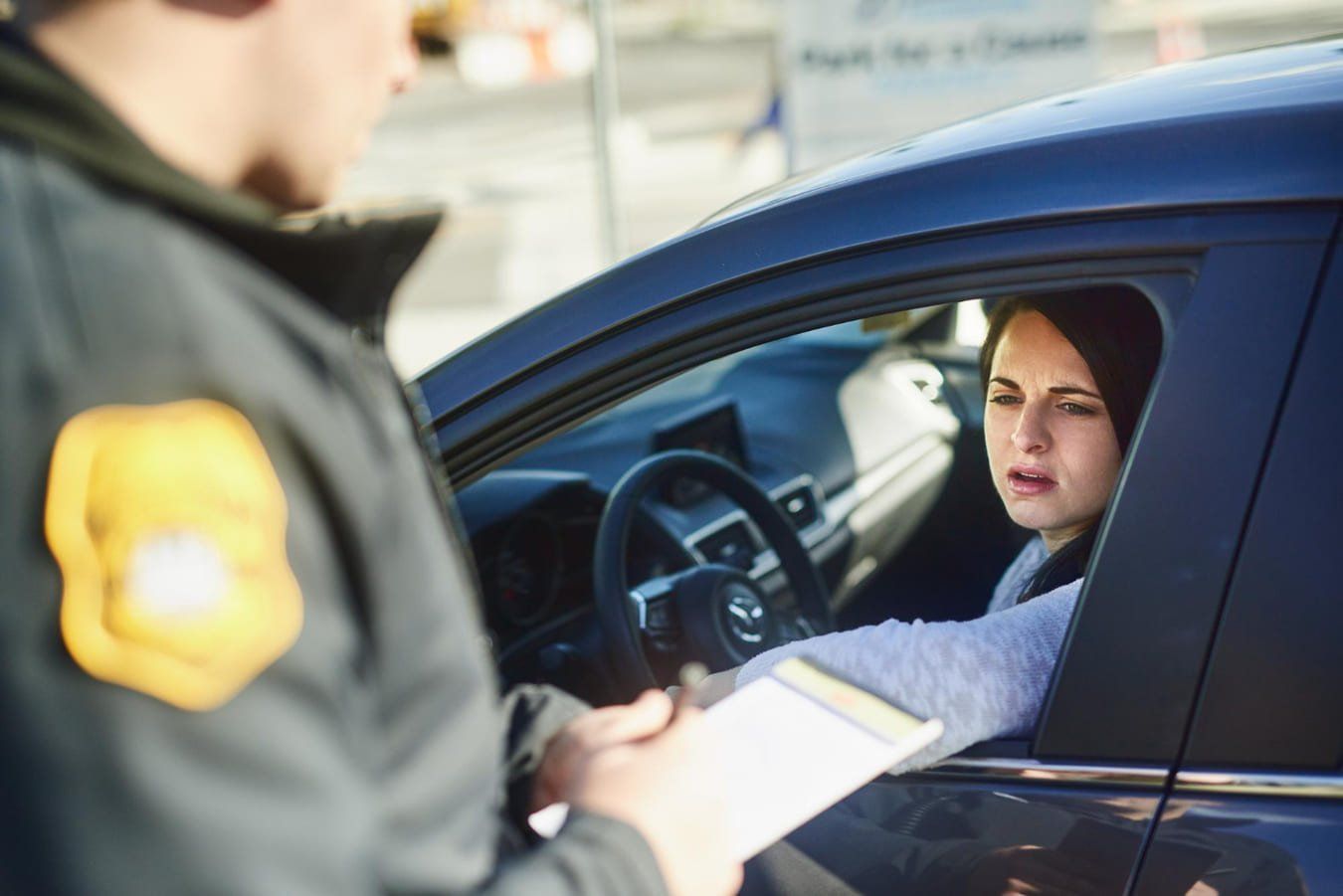
Florida's the Sunshine State for a reason! The state has an average of 237 days of sunshine every year, which is 32 more than the national average.
Sunshine can mean more time in the great outdoors. But it can also damage the interior and exterior of your car.
The best way to protect your car from solar rays is to install window tints. Yet you can't install any tint you want. You need to follow Florida tint laws at all times.
What state laws affect window tints? What types of tints can you install on your windows? How can you prove you are following the law to a police officer?
Answer these questions and you can protect yourself from the sun and legal problems. Here is your quick guide.
Study Florida Tint Laws
The visible light transmission (VLT) percentage details how much light can pass through a window. The higher the VLT percentage, the more light can pass through.
The AS-1 line is a line five inches beneath the top of your windshield. You can install a non-reflective tint above the line on your windshield, but you cannot go below the line.
For your front-side windows, the limit is 28% VLT. Back-side windows and rear windows are limited to 15% VLT. If you tint your back windows, you must install double-side mirrors so you can see behind your car properly.
However, if you have a medical condition related to light sensitivity, you can darker car tinting. The state can give you a medical exemption certificate if you have lupus, an autoimmune disease, or albinism. You must fill out Form HSMV 83390, Application for Sunscreening Medical Exemption in order to qualify.
Your front windows cannot be more than 25% reflective and your back windows cannot be more than 35% reflective. You cannot use colored tint on your windows, and you must have a sticker inside your driver's side door jamb verifying that your tints are legal.
Keep in mind that each state has its own laws for vehicle window tinting. If you drive through other states, you need to follow their laws and adjust your tints.
Violating Florida's tint laws is a nonmoving traffic violation. It can result in points on your license, though you will not receive a fine right away.
Think of Uses for Your Window Tinting
Car tinting can have many benefits. You can use tints to reflect UV rays that can damage your skin and make your car unbearably hot. You can also tint your windows to make it harder for people to look into your car and steal your belongings.
For maximum protection, you should place tints on all of your windows. Many people place tints on their windshields, assuming the sun hits them mainly from the front. That is true, but solar rays can travel through your side windows and burn your face.
Window tints can make your car seem more stylish and interesting. Many people install very dark tints in order to make an aesthetic impact, but this can lead to legal problems. Try to go for a moderate degree of tinting so you follow the laws while having effective windows.
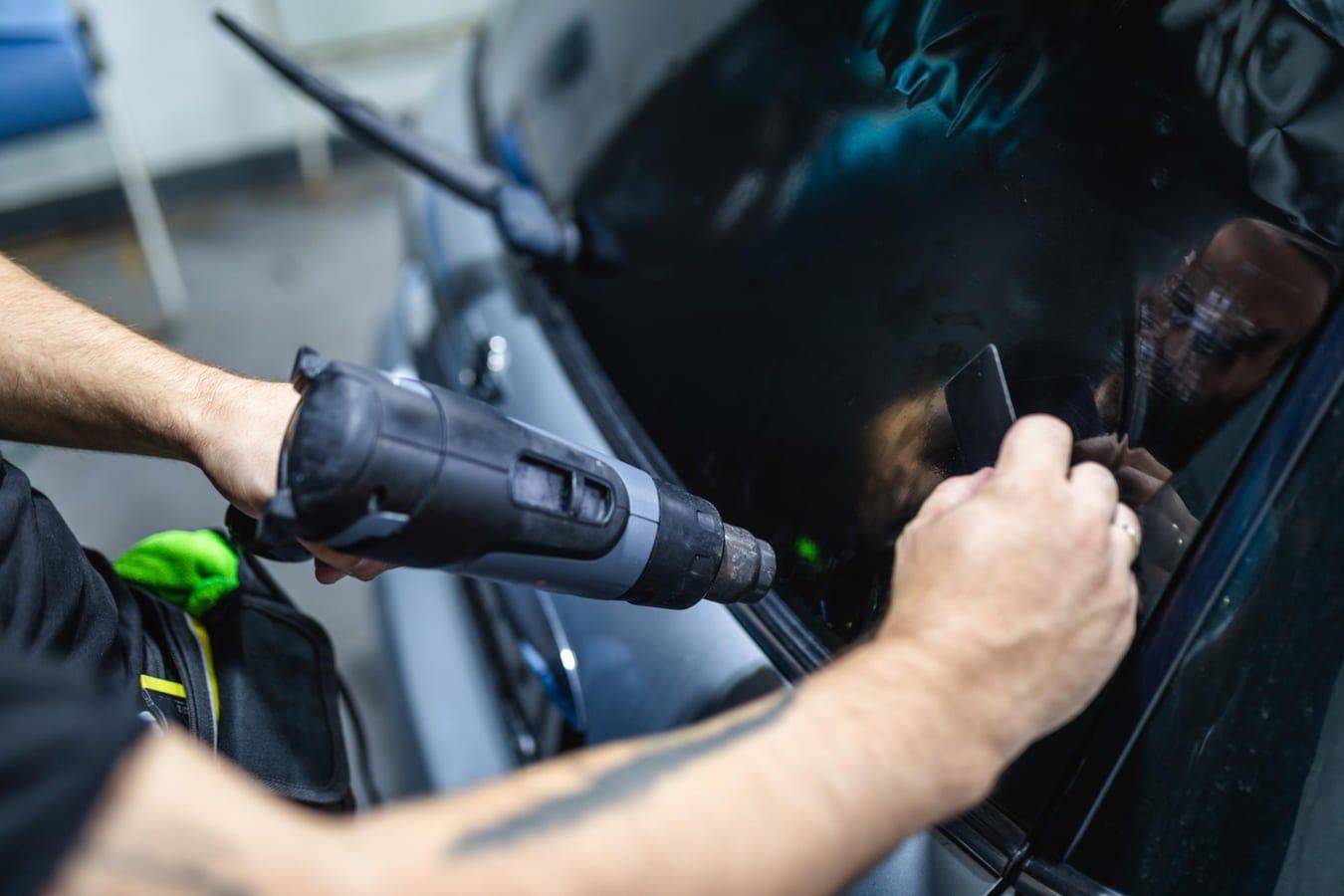
Examine Types of Car Tints
Despite the limitations, you have a lot of options. You should look at car tint types and find one that is affordable and resilient.
A dyed tint consists of several layers of plastic film on your car's windows. Dyed plastic films are not very effective in blocking solar rays, but they are very cheap.
Metalized tints have small metallic particles that lie between layers of plastic film. Metalized tints are more durable than pure plastic tints, though metallic particles can interfere with radio and cell phone signals.
Carbon tints have carbon particles, which do not interfere with cell signals. They can withstand extreme temperatures and rough road conditions, but carbon tints can be expensive.
A ceramic tint has ceramic particles that do not interfere with radio signals. Yet these particles block nearly all solar rays, and they can withstand hits from debris. Ceramic tints are the most expensive type of tint, but you may save money in the long run because you don't have to pay for replacements.
All types of tints are legal under Florida laws. The only restriction is that your tint not be reflective. Metallic particles can reflect light if the plastic film layers are thin, so you may want to opt for ceramic tints over metalized ones.
Visit a car tint shop and examine the different products for yourself. Hold up samples and see how they work and look on your car.
Find Legal Tint Installers
Once you've selected a product you like, you need to find an installer. Take a look at a few different companies based in Florida. Do not go outside the state, as you risk installing an illegal tint on your windows.
Get an inspection of your car before you receive your tints. You should get your windows cleaned, as particles can become trapped underneath your tints and damage the glass.
Keep the receipts for your installation so you have proof that you have followed the laws. You can also ask your car window tint installation company to vouch for you if a cop pulls you over. Keep the company's contact information with you.
Figure Out Florida Tint Laws
Florida tint laws are more restrictive than you think. You cannot exceed legal limits on VLT percentages or reflectivity. You can make effective use of window tints in a number of ways, but you cannot get dark tints.
All forms of tints are legal in Florida, though ceramic tints are the most effective and expensive kind. Talk to a local installation company and keep all the paperwork related to your tint levels. If an officer pulls you over, show them your paperwork.
Don't go too far for great tinting. Velocity Window Tinting serves the Sanford area. Contact us today.
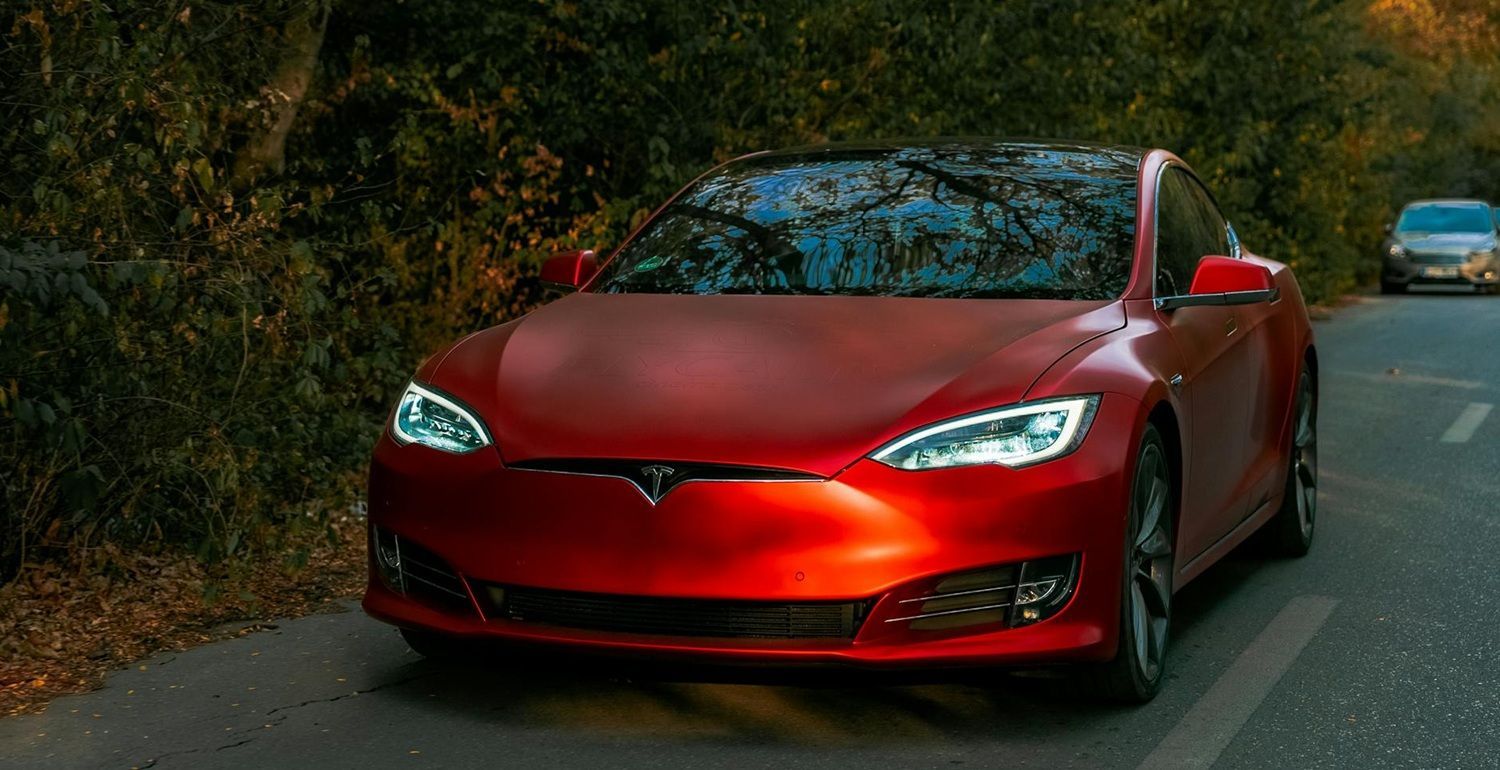
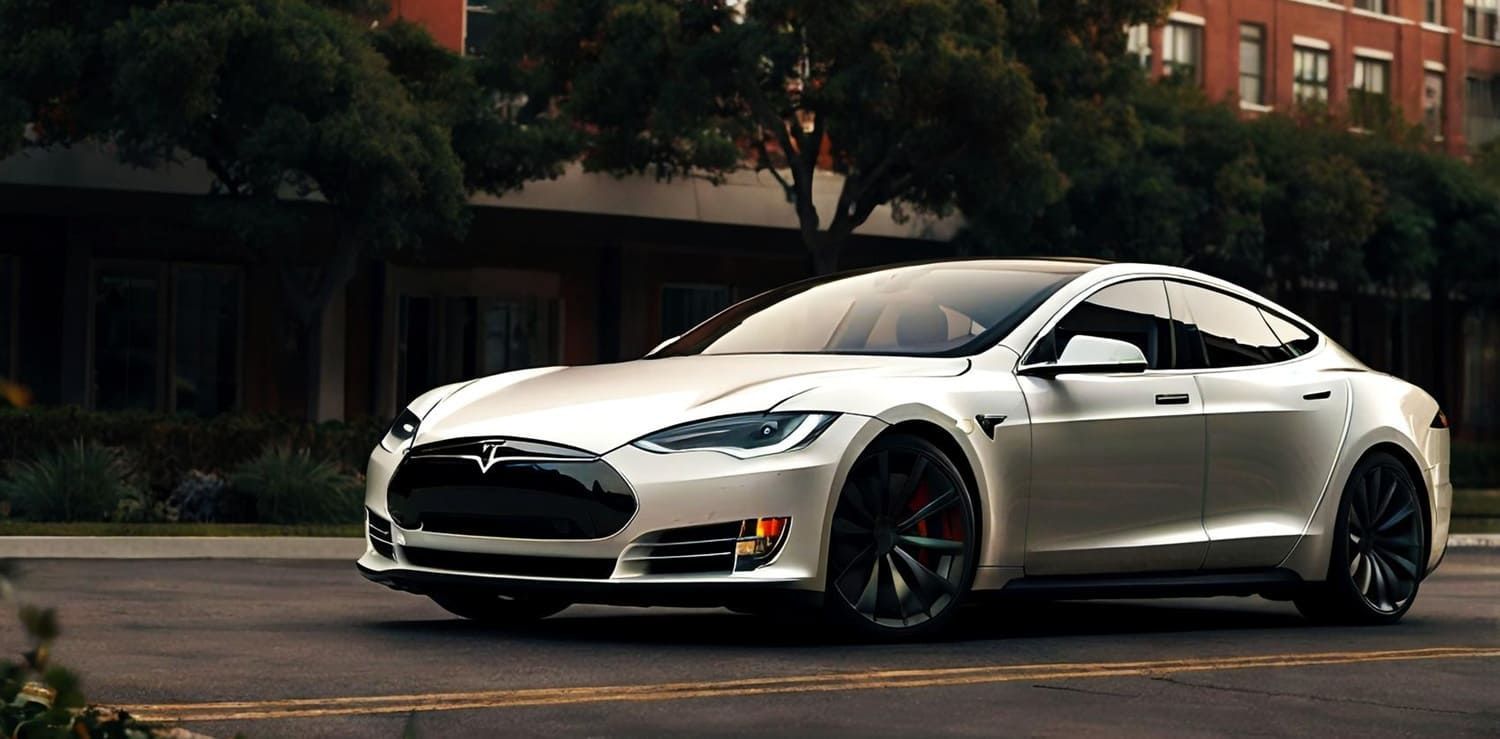
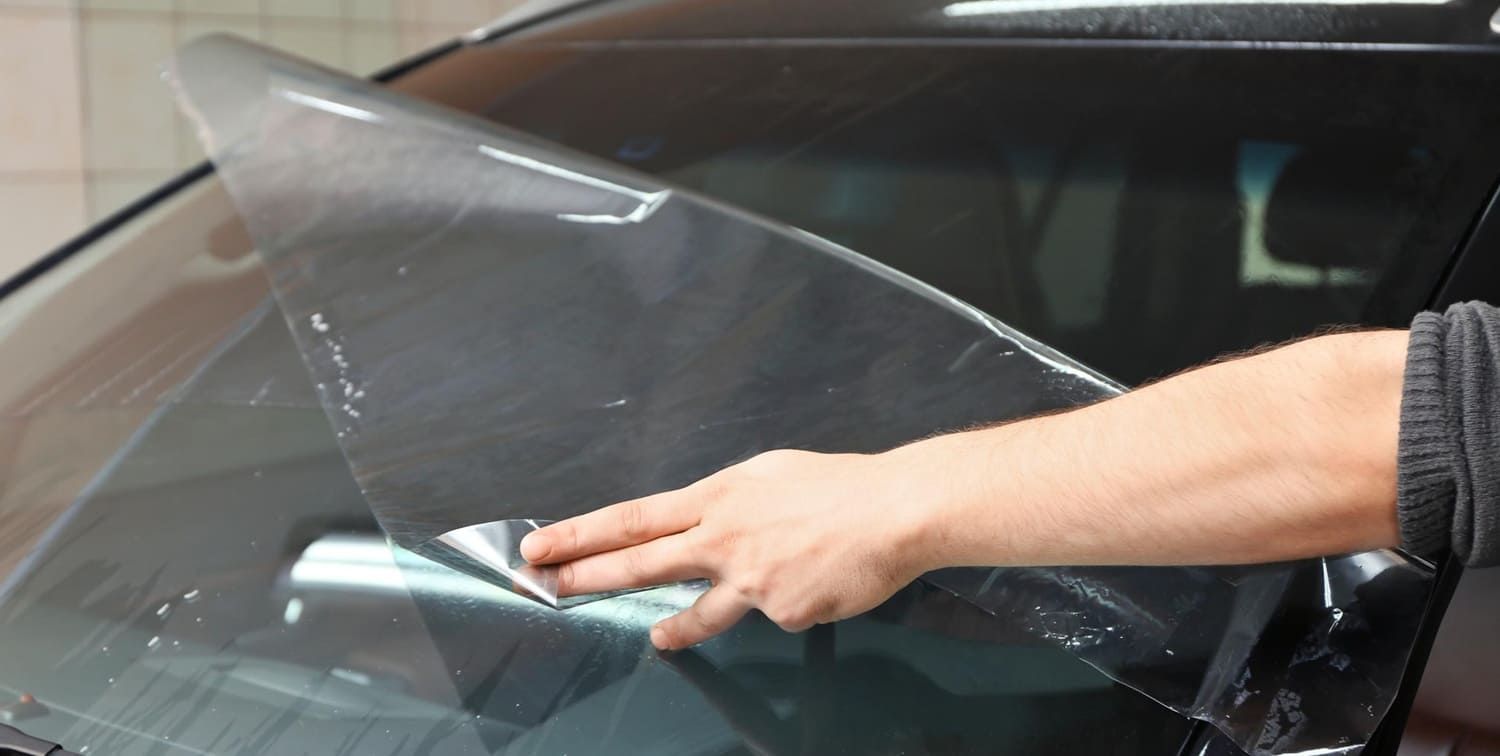
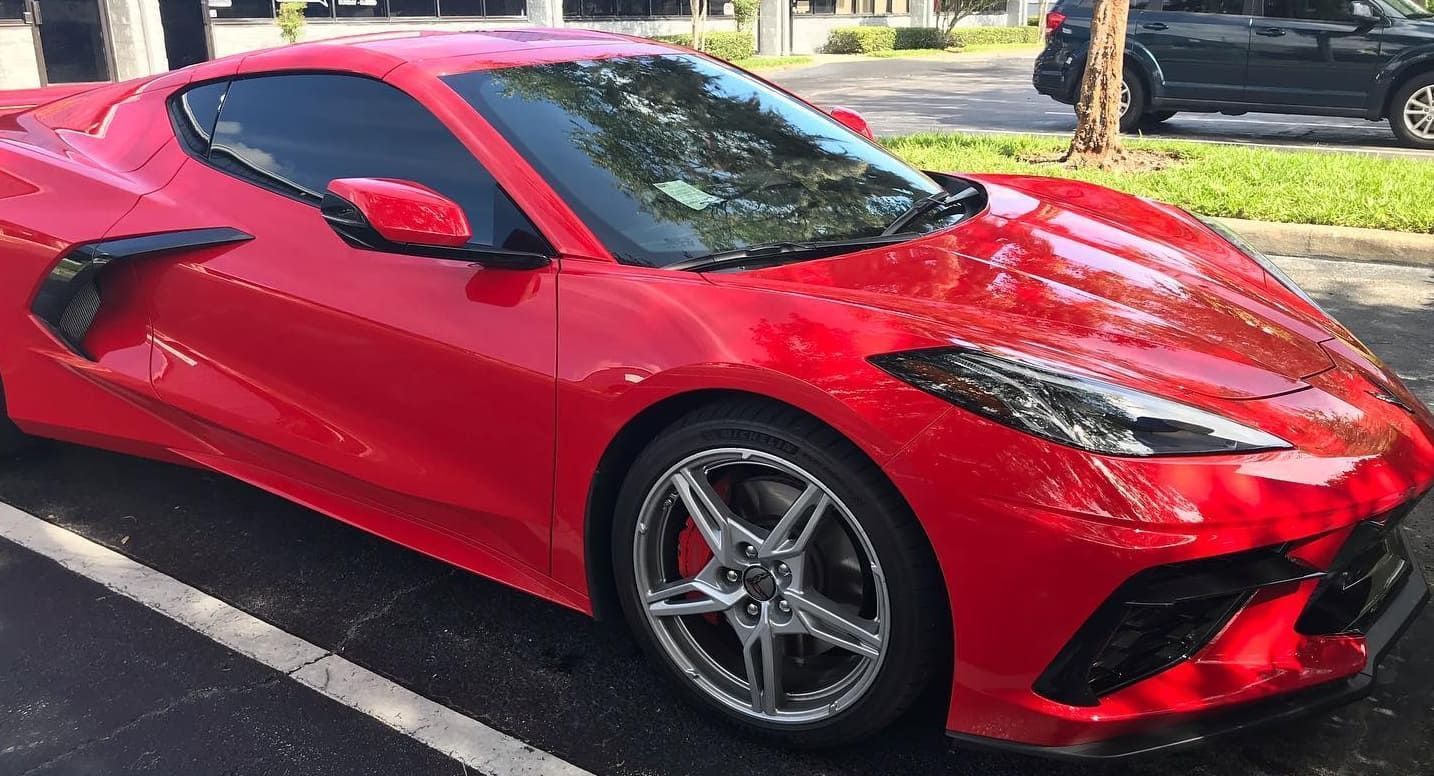

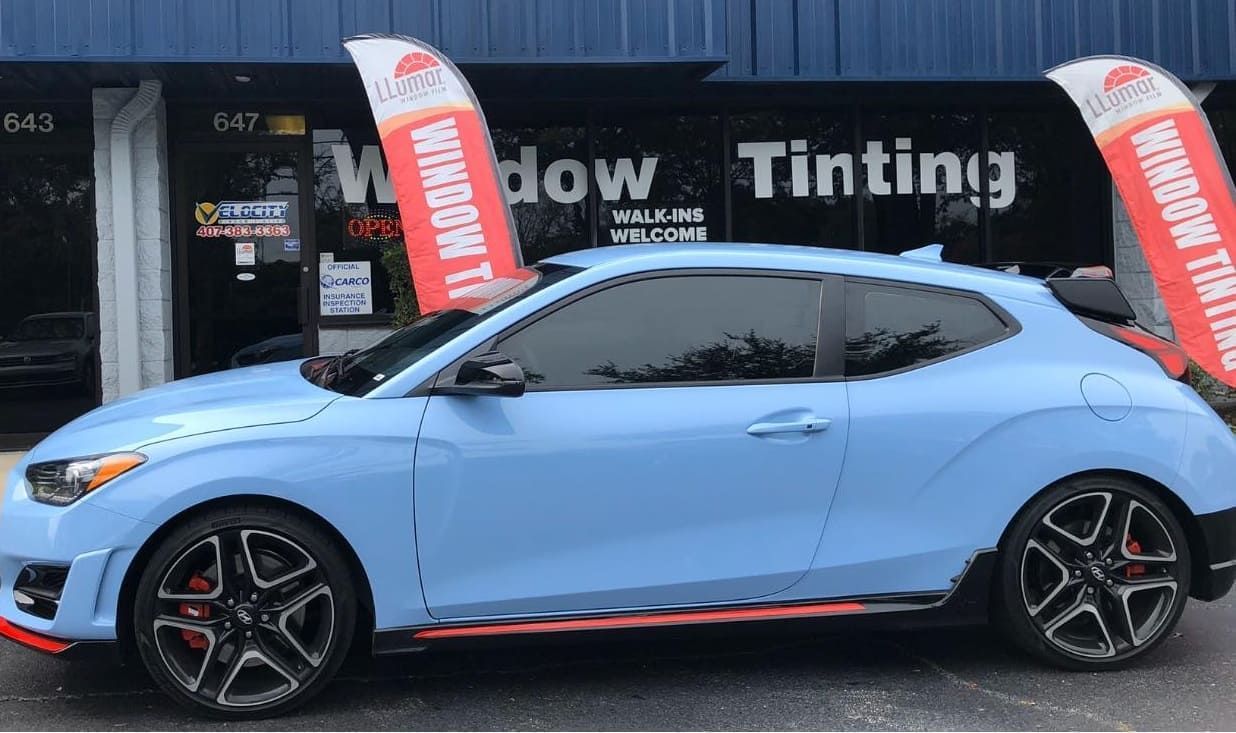
VELOCITY WINDOW TINTING
647 Progress Way
Sanford, FL 32771
Business Hours:
Monday - Saturday: 9 am to 6pm
Sunday: CLOSED
All Rights Reserved | Velocity Window Tinting


